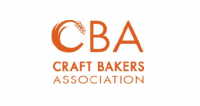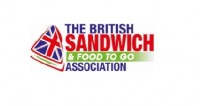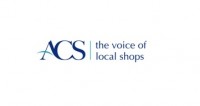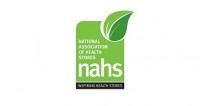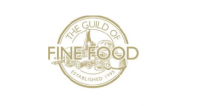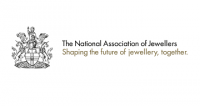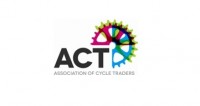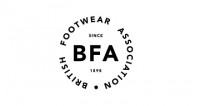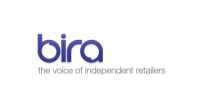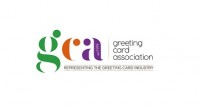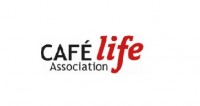Four in ten businesses believe profitability will reduce over the next year
Posted on in Business News , Cycles News
The British Chamber of Commerce’s Quarterly Economic Survey (QES) for Q3 2022 shows a significant decline of key economic indicators, with weakening structural business conditions and confidence a cause for concern.

The QES is the UK’s largest independent survey of business sentiment and a leading indicator of UK GDP growth. The survey took place between August 22 and September 16, prior to the Government’s energy support package for firms and the mini-budget announcement.
The survey of over 5,200 firms – 92% of whom are SMEs – reveals there have been significant declines for indicators of business sales, cashflow, and profit expectations.
All indicators of business conditions and confidence have fallen significantly from Q2 positions.
More businesses are now seeing their cashflow decreasing, instead of increasing. One in three (32%) firms reported reduced cashflow over the last three months, while 23% reported an increase.
Indicators for business confidence have plummeted; less than half (44%) of firms expect their turnover to increase over the next 12 months, while 25% expect a decrease. Those expecting an increase is down ten percentage points from 54% in Q2.
Profitability confidence has dropped to an even lower level; only one in three (33%) businesses believe their profits will increase over the coming year, while 39% now expect a decrease. This is the lowest level since Q4 2020 at the height of the Covid crisis.
Only 33% of firms reported an increase in domestic sales over the past three months, a sharp decline from the Q2 level of 41%. 24% of firms reported a decrease in sales.
The outlook is particularly bleak for the retail and wholesale sector. The sector is now in its second quarter of negative territory; with far more businesses reporting a decrease in sales rather than an increase. 25% of retail/wholesale firms reported an increase in domestic sales, while 39% reported a decrease.
Alongside the retail and wholesale sector, other sectors are also struggling; almost three-quarters (71%) of hospitality businesses reported they are operating below capacity.
David Bharier, Head of Research at the British Chambers of Commerce (BCC), said:
“This quarter’s results point to a significant decline in business confidence, with a clear shift downwards in many of the key indicators we track. Every sector has seen a falling proportion of firms reporting increased domestic sales, with the retail and wholesale sector particularly affected.
“Diminishing sales coupled with soaring inflation is a toxic mix, and many firms are no longer looking to the future with optimism. Profitability and turnover confidence for the next year have dipped significantly since last quarter. Both measures are heading towards levels not seen since the onset of the Covid crisis.
“While the subsequent energy announcement will have alleviated immediate pressure on firms' energy bills, confidence will have taken a further hit following the market reaction to the mini-budget.
“Many firms are caught in the pincer movement of soaring inflation and rising interest rates. The devaluation of the pound has also added a huge cost base for businesses reliant on imports.
“Businesses now desperately need to see economic stability in order to rebuild the confidence to invest.”




